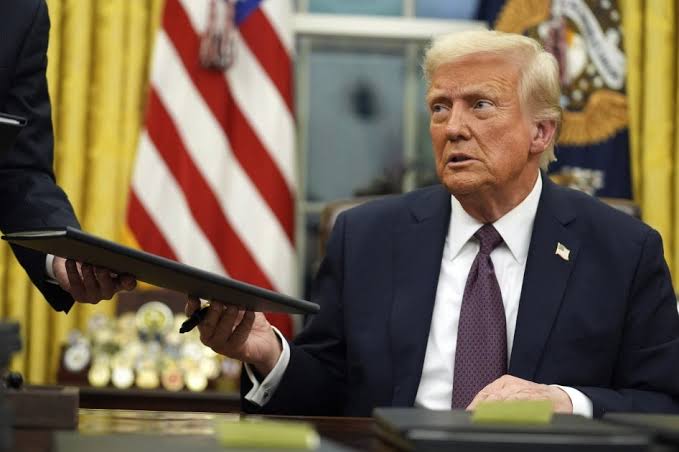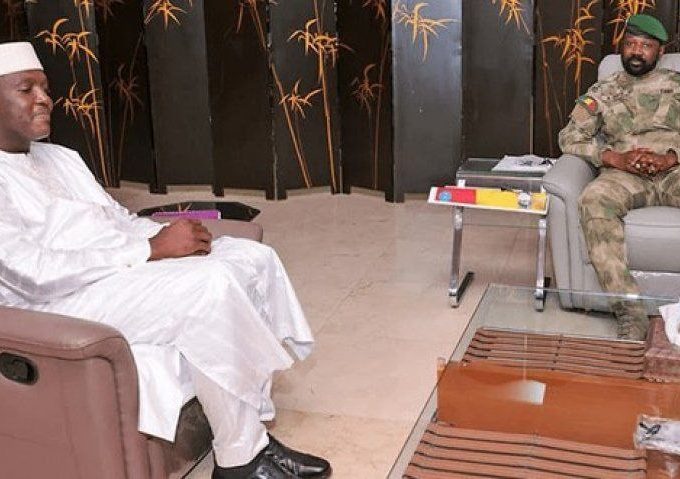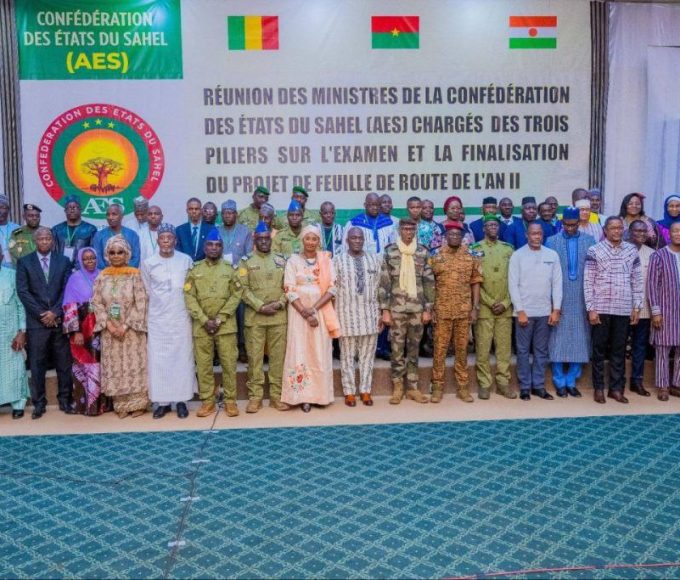
Can Voter intimidation stop in Nigeria?

Voter intimidation remains a persistent challenge in Nigeria’s democratic process, raising concerns about the credibility and fairness of elections.
Are there efforts to address this issue at all? To comprehend the current state of voter intimidation in Nigeria, it is important to trace the historical roots of the issues. The 2023 general election and the just concluded Off-cycle election witnessed a high level of voter intimidation on different grounds. The reasons for this are not far-fetched.
Background
Nigeria has experienced a tumultuous political history marked by military rule, political instability, and ethnic tensions. These historical factors have contributed to a culture where power struggles are often accompanied by coercion and intimidation.
The legacy of past authoritarian regimes has left a lingering impact on the political culture, fostering an environment where some individuals and groups view intimidation as a means to achieve their objectives and to emerge winners in elections. It must be noted that voter intimidation is not the only illegal act perpetuated during electioneering periods in Nigeria. Others include ballot box hijacking and vote buying, among others.
Furthermore, Nigeria has witnessed periods of political instability and power struggles, with political elites vying for control and influence. In this competitive political environment, some actors resort to intimidation tactics to gain the upper hand.
Whether through physical violence, threats, or manipulation, these actors seek to suppress opposition and manipulate the electoral process in their favour. The fear of reprisals often leads voters to conform to the wishes of those employing intimidation tactics, perpetuating a cycle of fear and compliance.
The persistence of voter intimidation in Nigeria is exacerbated by the weakness of institutions and law enforcement agencies. Institutions responsible for ensuring the integrity of the electoral process lack the capacity or independence to counteract intimidation effectively.
Another reason this phenomenon has continued is that law enforcement agencies are susceptible to political pressures, hindering their ability to enforce laws related to electoral conduct impartially. The absence of a robust legal framework and effective enforcement mechanisms contributes to the impunity with which intimidation tactics are employed.
Another important area to note is the high levels of poverty and unemployment. This creates a vulnerable population susceptible to manipulation by powerful political actors. Individuals facing economic hardships are, most of the time, coerced or bribed into participating in acts of intimidation, further eroding the democratic principles of free and fair elections.
Nigeria’s diverse ethnic and regional landscape adds another layer to the challenge of voter intimidation. Political actors often exploit existing ethnic and regional tensions to advance their agendas, using intimidation as a tool to influence voters along ethnic or regional lines. This manipulation of identity politics deepens divisions and makes it challenging to foster a unified and inclusive democratic process.
Way Forward?
Addressing the issue of voter intimidation in Nigeria requires a comprehensive approach that tackles its causes. Strengthening institutions, improving law enforcement capabilities, and addressing socioeconomic disparities are some of the ways to tackle the issue of voter intimidation.
Again, fostering national unity is an essential component of a strategy aimed at breaking the cycle of voter intimidation.
Only through concerted efforts to build a robust democratic foundation can Nigeria hope to overcome the persistent challenge of voter intimidation and ensure that its citizens can freely and confidently participate in the democratic process.
Read: Round-Up: Off-Cycle Elections in Bayelsa, Imo, and Kogi
About The Author
Related Articles
Iran’s Strikes on U.S. Bases Expose the Hidden Dangers of Hosting Western Troops — A Warning for Africa as Leaders Like Tinubu Expand U.S. Military Presence
The recent escalation in military tensions between the United States and Iran...
ByWest Africa WeeklyMarch 5, 2026What Do Countries Targeted by the United States Have in Common?
Look at the list. Iran, Palestine, Venezuela, Syria, Iraq, Nigeria, Somalia, Yemen....
ByWest Africa WeeklyMarch 4, 2026Malian Prime Minister Presents 2025 Government Report, Pledges Stability and Reform
Mali’s Prime Minister, Major General Abdoulaye Maïga, has presented the government’s 2025...
ByWest Africa WeeklyMarch 2, 2026AES Ministers Conclude Roadmap Talks in Ouagadougou, Strengthen Security Coordination
Ministers of the Confederation of Sahel States have concluded high level discussions...
ByWest Africa WeeklyMarch 2, 2026











Leave a comment